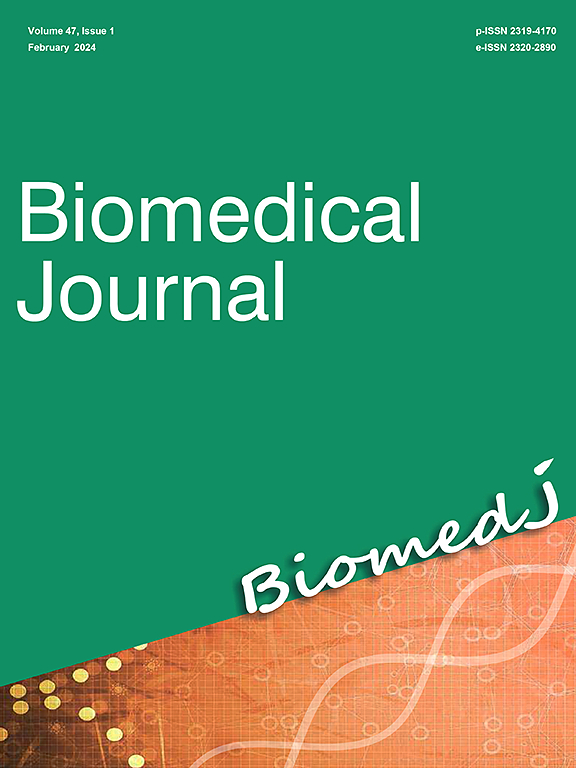Effects of light, electromagnetic fields and water on biological rhythms
IF 4.4
3区 医学
Q2 BIOCHEMISTRY & MOLECULAR BIOLOGY
引用次数: 0
Abstract
The circadian rhythm controls a wide range of functions in the human body and is required for optimal health. Disruption of the circadian rhythm can produce inflammation and initiate or aggravate chronic diseases. The modern lifestyle involves long indoor hours under artificial lighting conditions as well as eating, working, and sleeping at irregular times, which can disrupt the circadian rhythm and lead to poor health outcomes. Seasonal solar variations, the sunspot cycle and anthropogenic electromagnetic fields can also influence biological rhythms. The possible mechanisms underlying these effects are discussed, which include photoentrainment, resonance, radical-pair formation, ion cyclotron resonance, and interference, ultimately leading to variations in melatonin and cortisol. Intracellular water, which represents a coherent, ordered phase that is sensitive to infrared light and electromagnetic fields, may also respond to solar variations and man-made electromagnetic fields. We describe here various factors and underlying mechanisms that affect the regulation of biological rhythms, with the aim of providing practical measures to improve human health.
光、电磁场和水对生物节律的影响。
昼夜节律控制着人体的多种功能,是最佳健康所必需的。昼夜节律的破坏可产生炎症,引发或加重慢性疾病。现代生活方式包括长时间在室内人工照明条件下,以及不规律的饮食、工作和睡眠,这可能会扰乱昼夜节律,导致健康状况不佳。太阳季节变化、太阳黑子周期和人为电磁场也会影响生物节律。讨论了这些影响的可能机制,包括共振,视网膜隐色素中的自由基对形成,离子回旋共振和干扰,最终导致褪黑激素和皮质醇的变化。细胞内水是一种对红外光和电磁场敏感的相干有序相,也可能对太阳变化和人造电磁场作出反应。我们在这里描述了影响生物节律调节的各种因素和潜在机制,目的是提供切实可行的措施来改善人类健康。
本文章由计算机程序翻译,如有差异,请以英文原文为准。
求助全文
约1分钟内获得全文
求助全文
来源期刊

Biomedical Journal
Medicine-General Medicine
CiteScore
11.60
自引率
1.80%
发文量
128
审稿时长
42 days
期刊介绍:
Biomedical Journal publishes 6 peer-reviewed issues per year in all fields of clinical and biomedical sciences for an internationally diverse authorship. Unlike most open access journals, which are free to readers but not authors, Biomedical Journal does not charge for subscription, submission, processing or publication of manuscripts, nor for color reproduction of photographs.
Clinical studies, accounts of clinical trials, biomarker studies, and characterization of human pathogens are within the scope of the journal, as well as basic studies in model species such as Escherichia coli, Caenorhabditis elegans, Drosophila melanogaster, and Mus musculus revealing the function of molecules, cells, and tissues relevant for human health. However, articles on other species can be published if they contribute to our understanding of basic mechanisms of biology.
A highly-cited international editorial board assures timely publication of manuscripts. Reviews on recent progress in biomedical sciences are commissioned by the editors.
 求助内容:
求助内容: 应助结果提醒方式:
应助结果提醒方式:


